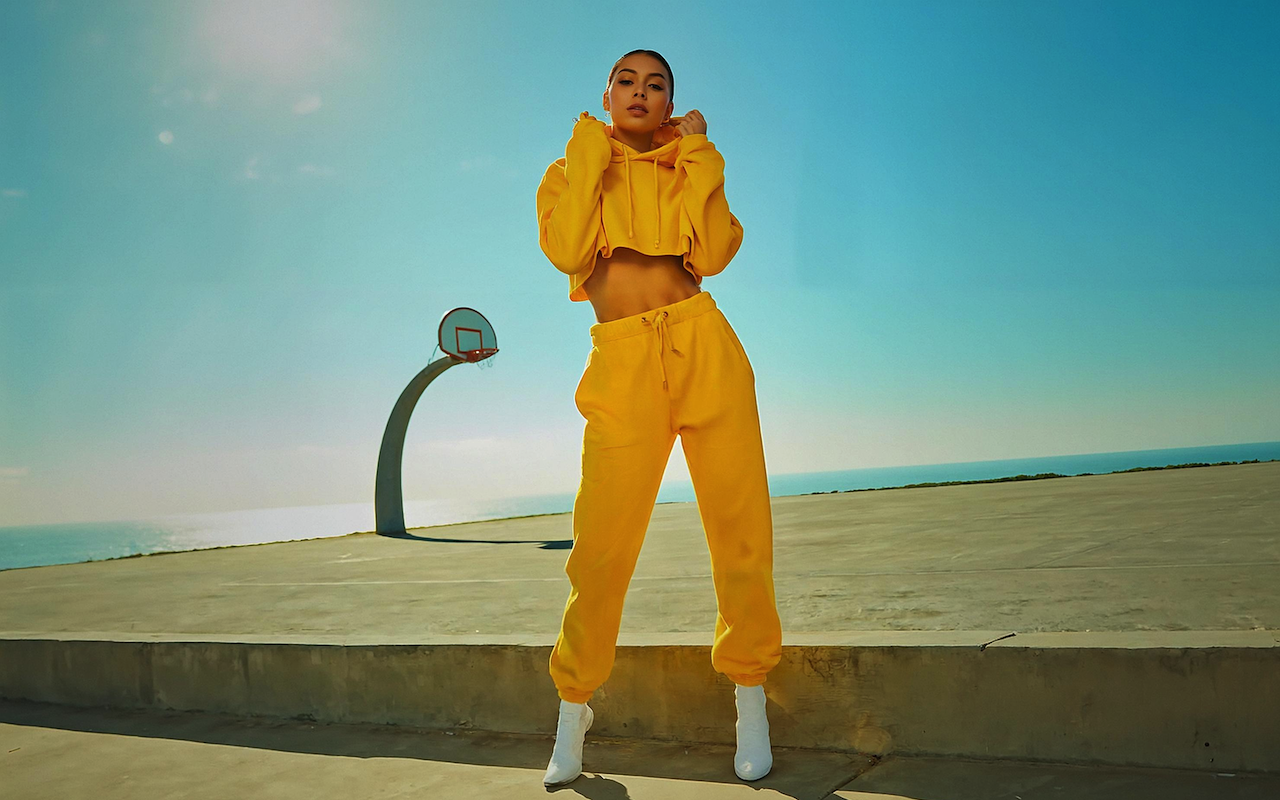
Artificial intelligence is undoubtedly a disruptor, but many only view it through an economic lens. While the threat to our jobs is certainly there, it is, for now, a tool humans use to improve our productivity. Likewise, for artists and creators, it’s currently a tool, rather than a replacement.
But what about AI body editor tools? These tools have become so advanced and accessible that, in just moments, we can instantly alter appearances. With a single click, bodies (our own or our subjects’) can be made more muscular, slimmer, larger, or otherwise reshaped, with results that appear life-like and nearly undetectable. This raises important questions about the future of beauty standards in a world where appearance is now customizable.
The Technology
Modern AI body editing functions like a cheat code to Photoshop. Instead of spending years mastering the software and hours making adjustments, you simply enter a plain-text prompt: “Edit this image to make the subject more toned, with better posture, additional freckles, and slightly tanned skin.” The edit completes in seconds while preserving lighting conditions and photorealism. For fashion companies, this dramatically boosts creative output and marketing material.
Cultural Impact and Changing Perceptions
The widespread availability of AI body editing tools is changing our cultural conversations around beauty and self-image. Social media platforms are flooded with enhanced imagery, creating new aesthetic expectations.
Interestingly though, these tools are creating new forms of expression. Artists, content creators, and everyday users are experimenting with body modification as a form of digital art, meaning they push the boundaries of human representation.
For businesses, AI body editing is being used by fitness instructors and dietitians to show customers what they may look like at the end of their program. This is motivating and results in a higher quality service. For modeling agencies, they can create more diverse subjects through these edits, meaning they represent different cultures (particularly those that are lacking in professional models).
It raises questions of authenticity—but was there ever true authenticity before AI? For decades, nearly every Vogue cover has been enhanced in one way or another.
Towards A More Accessible Beauty Landscape
As noted earlier, beauty enhancement is now far more accessible. Traditional methods of achieving aesthetic ideals, whether through fitness, makeup, cosmetic procedures, or professional photography, often came with barriers to entry that excluded many people. AI tools fundamentally level that playing field.
Historically, the virtual world (cinema, social media) influenced reality by shaping culture. Today, however, the two increasingly exist side by side. This may not simply change beauty standards but instead fragment them entirely, as ideals become instantly saturated.
And as for the modeling and fashion industry, with less control of the narrative over beauty standards, they’re likely to simply use AI body editing as a way to speak to minorities and different consumers. There is clear commercial value in generating dozens of variations of a model—whether by ethnicity, body shape, freckles, or other traits—dressed in the same outfit, and tailoring which version is shown to each customer. The result is further fragmentation of beauty standards.
Conclusion
AI body editing technology is reshaping how we think about beauty, culture, and self-image. What was once limited to professional studios and advanced software is now accessible to anyone with a smartphone or computer, making beauty enhancement more inclusive but also more fragmented. As industries embrace these tools for creativity and personalization, the challenge lies in balancing innovation with authenticity and responsibility. Ultimately, AI may not replace beauty standards—it may redefine them entirely.
Disclaimer
The information in this article is provided for general informational and educational purposes only. AI body editing tools should be used responsibly and with awareness of their ethical and social implications. This article does not endorse or promote the misuse of such tools for deceptive, harmful, or discriminatory purposes. Readers are encouraged to critically evaluate edited imagery and to consider the potential impact on self-image, cultural perceptions, and professional practices. References and external links are provided for convenience only. IPLocation.net is not responsible or liable for the content, accuracy, or availability of external sites. The examples and references included are for illustration only and do not constitute professional advice.
Share this post
Leave a comment
All comments are moderated. Spammy and bot submitted comments are deleted. Please submit the comments that are helpful to others, and we'll approve your comments. A comment that includes outbound link will only be approved if the content is relevant to the topic, and has some value to our readers.

Comments (0)
No comment